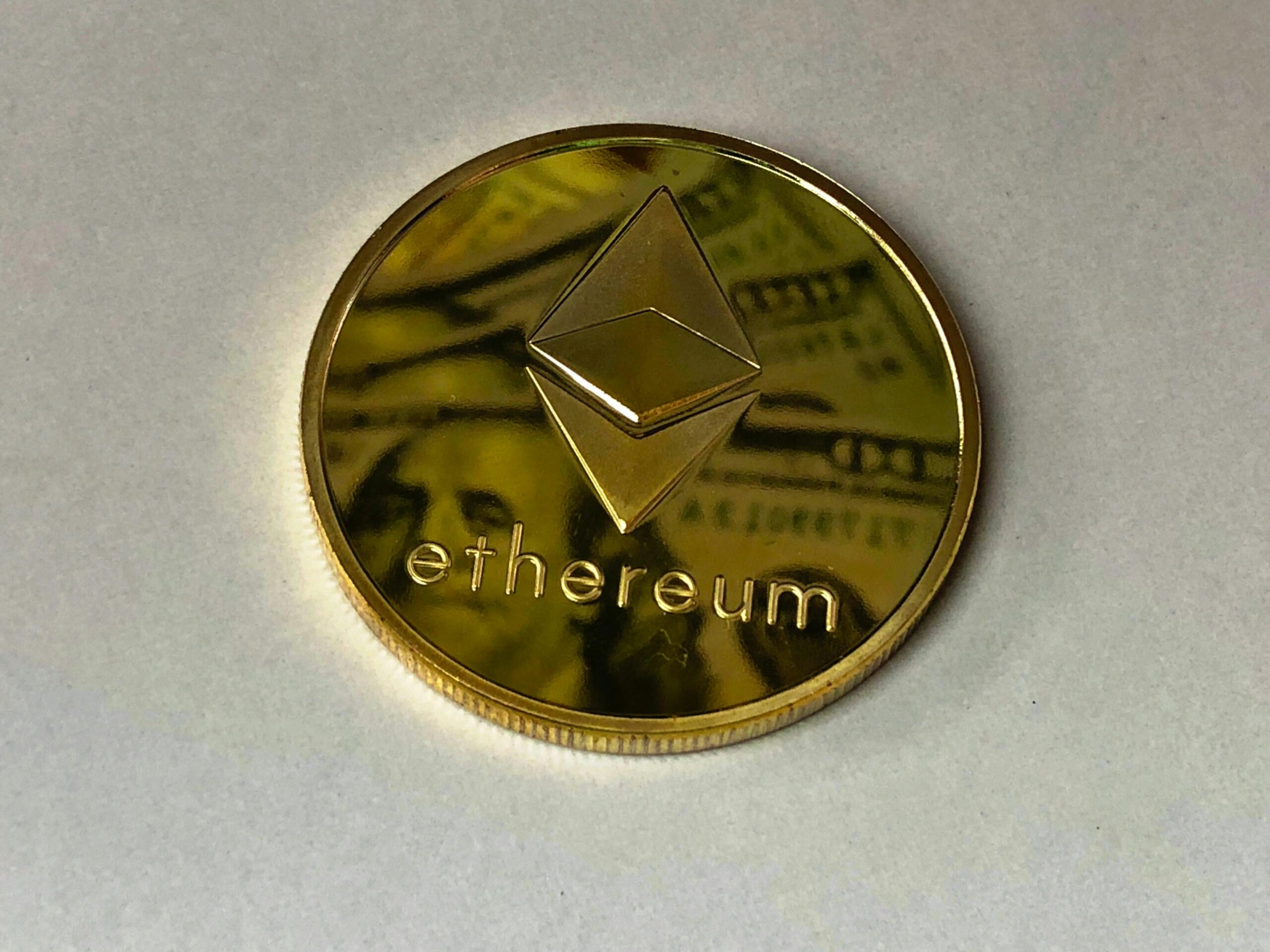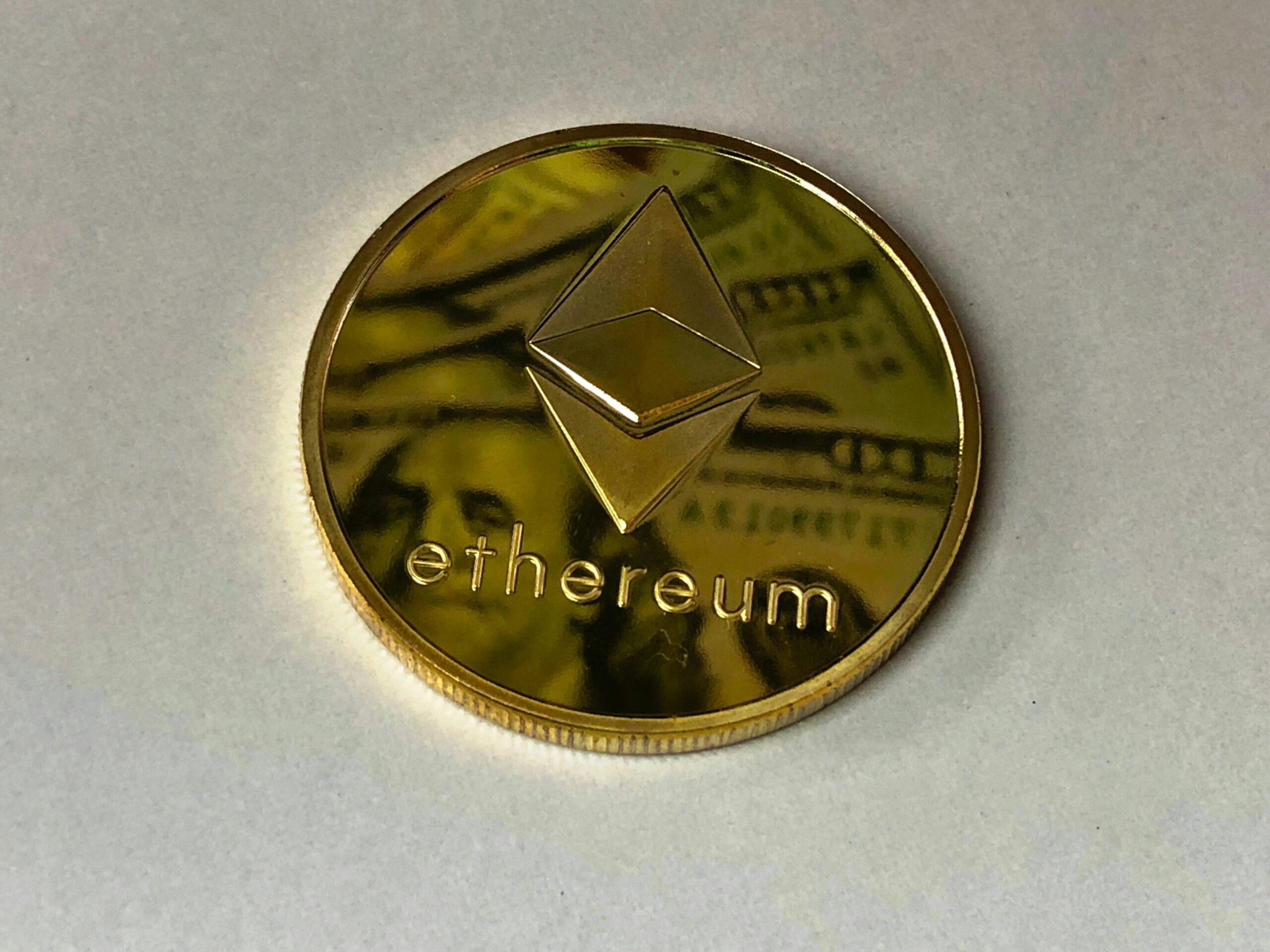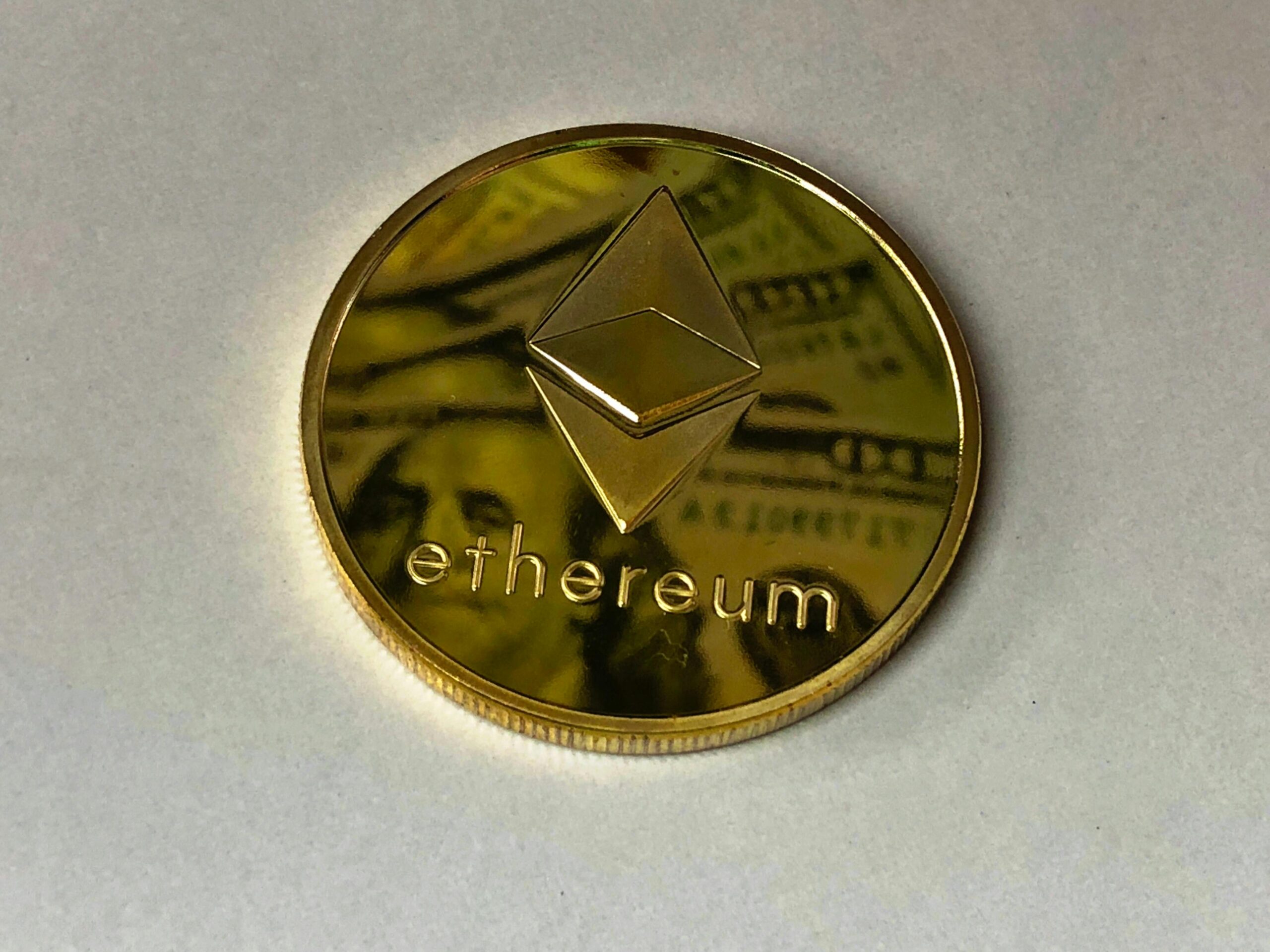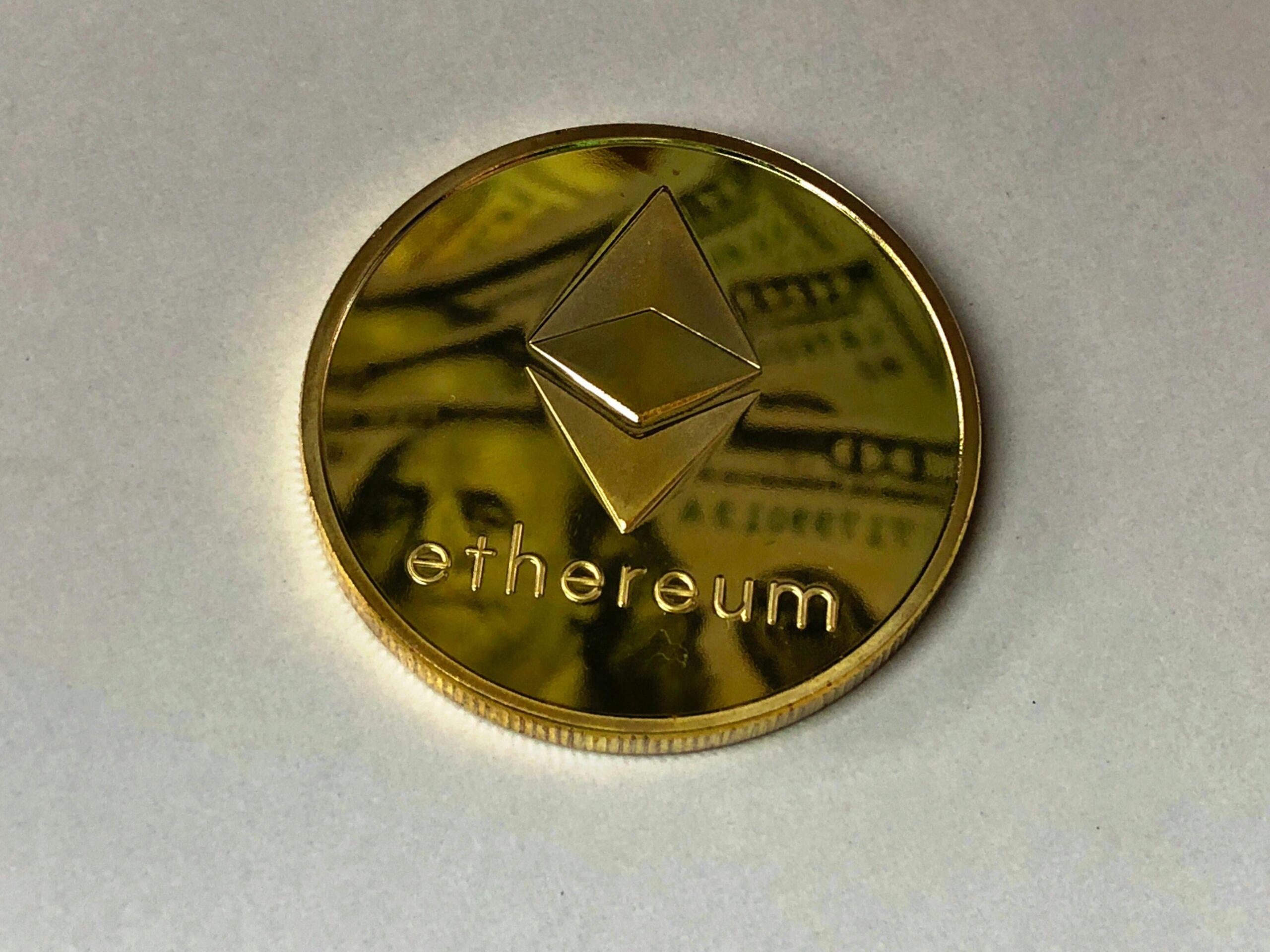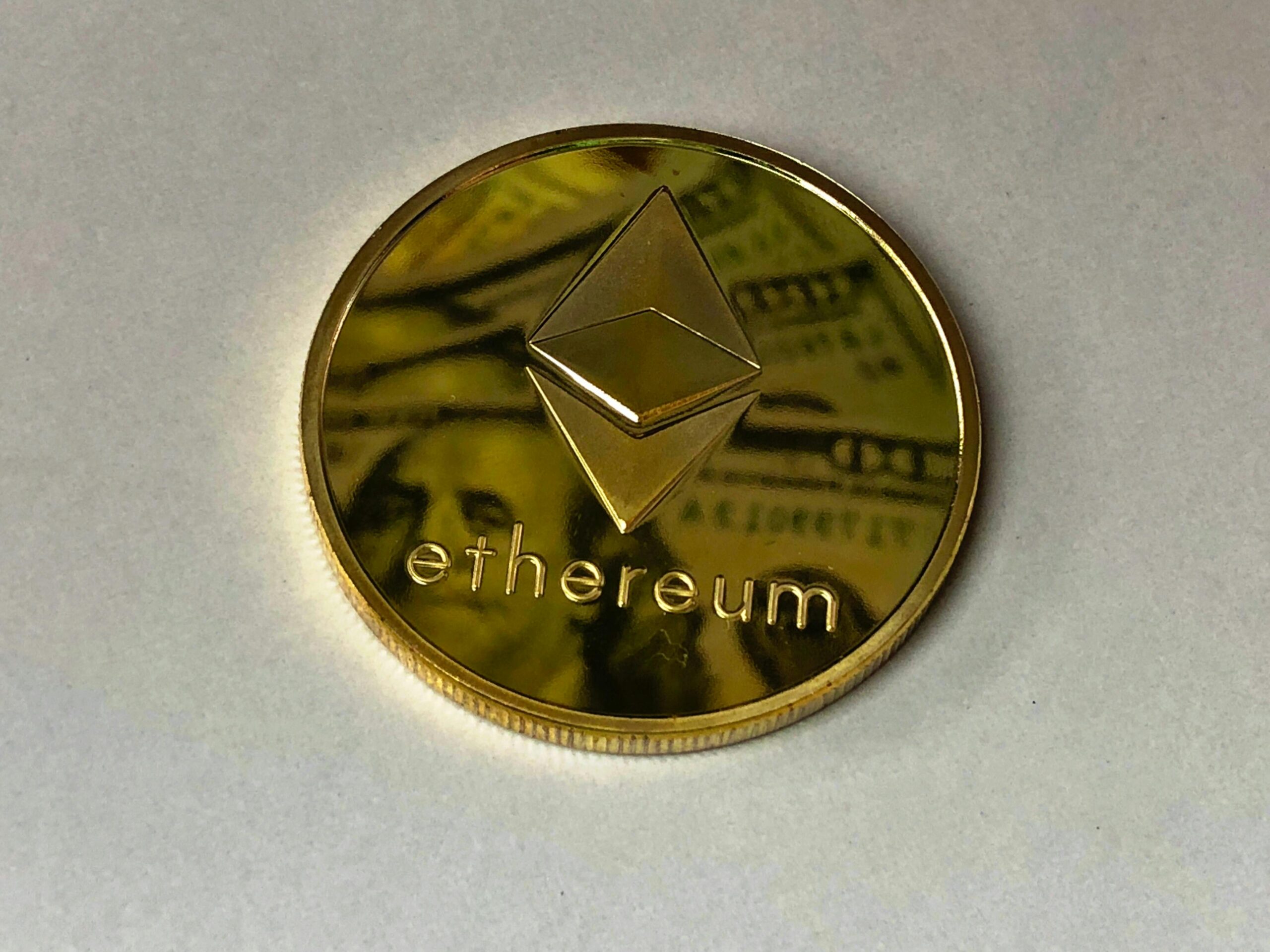
The role of regulation in the cryptocurrency space – this is a topic that’s near and dear to my heart, and one that I believe is essential for anyone looking to get involved with cryptocurrencies to understand. As someone who’s been teaching about blockchain and cryptocurrencies for a while now, I’ve seen firsthand how confusing (and sometimes overwhelming) it can be for newcomers to navigate the regulatory landscape.
First off, let me just say this: regulation in the cryptocurrency space is a complex beast that’s still very much evolving. Just as how the early days of the internet saw governments and institutions struggling to wrap their heads around this newfangled thing called the “world wide web”, so too are we seeing similar struggles today with cryptocurrencies.
But here’s the thing: regulation isn’t inherently bad. In fact, I’d argue that some form of regulation is necessary for the long-term health and success of our space. Without it, you risk having a totally lawless environment where scam artists run amok, where legitimate businesses struggle to operate due to lack of clear guidelines, and where regular folks are hesitant to get involved for fear of getting burned.
The problem, however, lies in striking that delicate balance between allowing innovation to flourish while still protecting consumers. It’s a tightrope act if there ever was one – too little regulation, and you risk having anarchy reign supreme; too much, on the other hand, and you choke off growth before it even has a chance to get started.
Take initial coin offerings (ICOs) for instance. When they first burst onto the scene back in 2017, it seemed like every Tom, Dick, and Harry was launching their own token sale – many of which were little more than thinly veiled scams. But amidst all that chaos, we also saw some genuinely game-changing projects get off the ground thanks to the ability to raise funds via this method.
Fast-forward a few years though, and you start seeing governments step in with some form of regulatory oversight – whether it’s classifying certain tokens as securities (hello SEC), imposing strict know-your-customer requirements on exchanges, or simply providing clearer guidelines around what constitutes an ‘investment contract’. And yes, while some might lament that this spells the end for ICOs as we knew them, I’d argue that such moves are ultimately a net positive – they help separate wheat from chaff, giving legit projects more room to breathe and grow.
Another key aspect of regulation revolves around anti-money laundering (AML) and combating the financing of terrorism (CFT). It’s no secret that cryptocurrencies have been used for illicit purposes in the past – whether it’s terrorist groups trying to fund their operations or bad actors looking to launder dirty cash. And while some might say this is just a classic case of “cryptobashing”, I’d counter that these are very real concerns that necessitate thoughtful regulatory responses.
In recent years, we’ve seen the Financial Action Task Force (FATF) emerge as a key player in pushing for greater AML/CFT compliance across the crypto space. Their Travel Rule, which mandates that virtual asset service providers (VASPs) share info about senders and recipients for certain transactions, might seem burdensome to some – but I’d argue it’s an important step towards ensuring our space doesn’t become a haven for illicit activity.
Of course, no discussion of regulation would be complete without mentioning the elephant in the room: licensing and registration requirements. Whether you’re looking to operate a crypto exchange, wallet service, or some other type of VASP, chances are you’ll need to navigate some form of government approval process – which can often be a complex and costly endeavor.
And yet, I’d argue that this is precisely where clear regulatory guidance comes into play. Rather than having would-be entrepreneurs stuck in limbo trying to figure out what’s required of them (only to find themselves on the receiving end of hefty fines or even outright shutdowns), we need frameworks that provide clarity and consistency – so long as they’re not overly burdensome, of course.
Now I know some folks might be thinking: “Okay got it, regulation can be a good thing… but what about decentralization? Don’t we want to keep the government’s hands off our precious cryptocurrencies?” And believe me, I get where you’re coming from – after all, one of the core promises of this space is that users should be able to control their own assets without needing some middleman or intermediary.
Here’s the thing though: just because a regulatory framework exists doesn’t automatically mean it has to be in conflict with decentralization. In fact, I’d say there are plenty of ways where thoughtful regulation can actually help enable more decentralized systems – whether by providing clear guidelines for developers working on permissionless protocols, shielding users from scams and other nefarious activity, or even simply giving institutions the confidence they need to begin exploring this space in earnest.
Of course, there’s also a flipside: overregulation. When you start seeing blanket bans on entire categories of cryptocurrencies (hello South Korea), or else requirements that are so onerous they essentially force innovation to flee to friendlier jurisdictions… well, then I think we’ve got problems. That kind of heavy-handedness not only risks stifling growth but could even end up pushing this space further into the shadows – where it’s harder for law enforcement to track illicit activity, and consumers are less protected than ever.
So what does all this mean in practice? To my mind, a balanced approach would see regulators working closely with industry stakeholders (including developers, entrepreneurs, and everyday users) to craft frameworks that prioritize clear guidance, flexibility, and an overarching commitment to protecting consumers without smothering innovation. We need to be willing to adapt as the space evolves – whether it’s keeping up with new technologies or responding to emerging challenges.
Ultimately, regulation within the cryptocurrency space is a bit like trying to drink from a firehose: just when you think you’ve got your bearings, something new comes along and changes everything. My advice? Stay informed, stay vigilant… but above all else, keep an open mind – for in this space more than any other, I firmly believe that the only constant is change itself.









